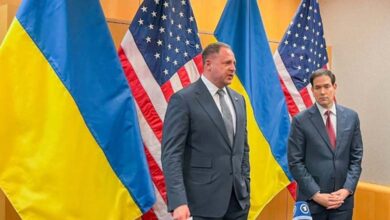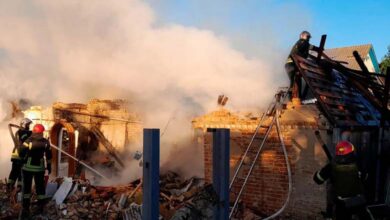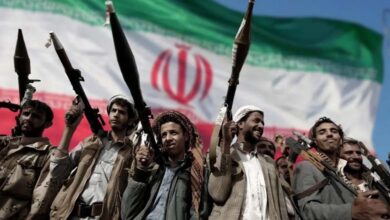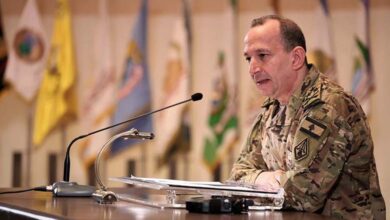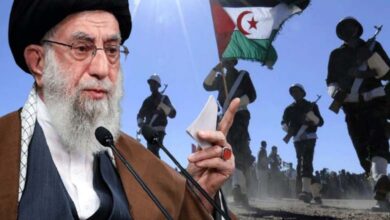Representative Farmaajo of Mogadiscio: The turbulent election crisis in the electoral crisis
The new map manipulated by the Somalia regime, in a country facing chaos or emptiness, a suffocating electoral crisis plagues cracks in the political arena.
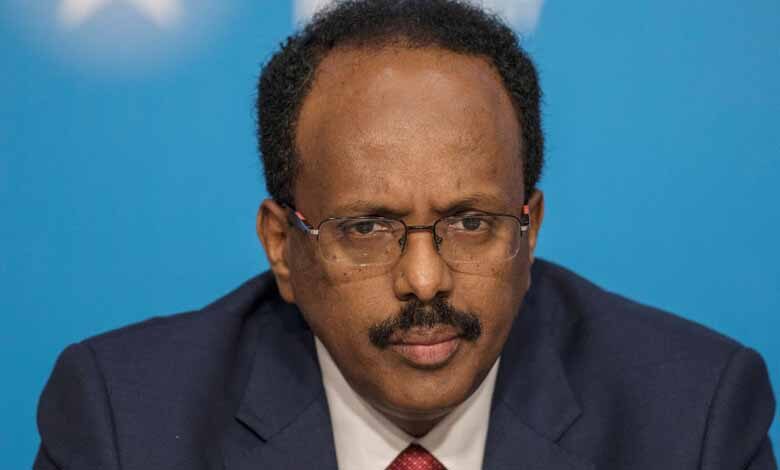
The President of Somalia, Mohamed Abdullah Famaajo this time excluded the political representatives of Mogadisio residents in the capital’s Senate, to win the friendship of the main tribes of Banadir Province, including the capital, to overcome the international pressure they exert from the United Nations, the United States of America and other countries that influence Somalia’s politics to resolve the electoral crisis.
According to a statement issued by the President of Somalia, Famaajo signed a ruling issued by the People’s Assembly (House of Commons) on June 27, stating that Banaadir Province will receive 13 seats in the Senate.
The statement said: In view of the tremendous efforts and long roads made to obtain political representation in the Senate for Banadir Province, in response to the complaints of traditional leaders, President Famaajo signed this decision. Banadir The province will have 13 seats in the next Senate of the Somali Parliament.
The violation of a path
Farmaajo’s decision insists on violating political and tribal norms, because the issue of Mogadiscio’s political representation requires three basic elements, namely: First, the relationship between the various components of the Somali people, because of its centrality, is an area for all Somalis, not one tribe, despite the existence of most tribes.
Second, the city enjoys political status in Somalia’s permanent constitution, which allows it to play two roles. The national capital of Somalis as well as an area which exercises the rights of the people without participating in political representation is called the national capital.
Third, the completion of the Somali Constitution has so far been considered temporary.
The denominator has only two situations: it is a local council elected from among the inhabitants of the capital, or the formation of an autonomous government made up of members of the federal government (like the five states of Somalia). Most of the tribes live in the state, eliminating duplication The practice, whereby the management of capital is appointed by the presidential palace, as is currently the case, while gaining political representation.
This issue is the subject of the Somalis’s sensitive calculation of tribes. Famaajo used his bet to bet against political opponents and achieve political results, allowing him to escape the international and local pressures he faced. There are only a few days left in his constitutional authorization, and there is no consensus among Somalis to hold a general election.
Unconstitutional
Observers believe that Famaajo’s decision will not affect the cohesion of influential opposition parties, because this is an open game for three reasons. The first reason is that time shows that Famaajo has exhausted all political means. He only wanted to choose this document, which was the reason for this case, which only caused strong protests from politics and the media.
As for the second reason, this is because the measure is completely unconstitutional in several respects, that is, the Somali Parliament is composed of two chambers, and the bill has not yet entered into force. Because the bill will take effect, unless both parties approve the bill as legal after the fact. The Speaker’s signature, but this is not the case, because the House of Commons (Parliament/275 seats) represents all Somali tribes, and whoever signs it does not represent the Upper House of the Senate Upper House (Senate/54 seats).
Third, the implementation of the allocation of 13 seats to Mogadiscio in the Senate requires the amendment of the constitution, which stipulates that the number of senators is 54, and if the Farmaajo plan comes to light, the members of the House will be 67, and as long as this article of the constitution has not been amended, it is not titled The current parliament can take this step as long as its constitutional mandate expired on December 27.
Analysts believe that Famaajo is trying to bring the political agreement of the election to its first place through this procedure, as the political agreement did not provide political representatives for the people of Mogadiscio, but the international community is considering violate political principles. It is unacceptable to agree to protest or change it, as differences over votes are partial content, not principles, and can be resolved through serious consultation meetings.




